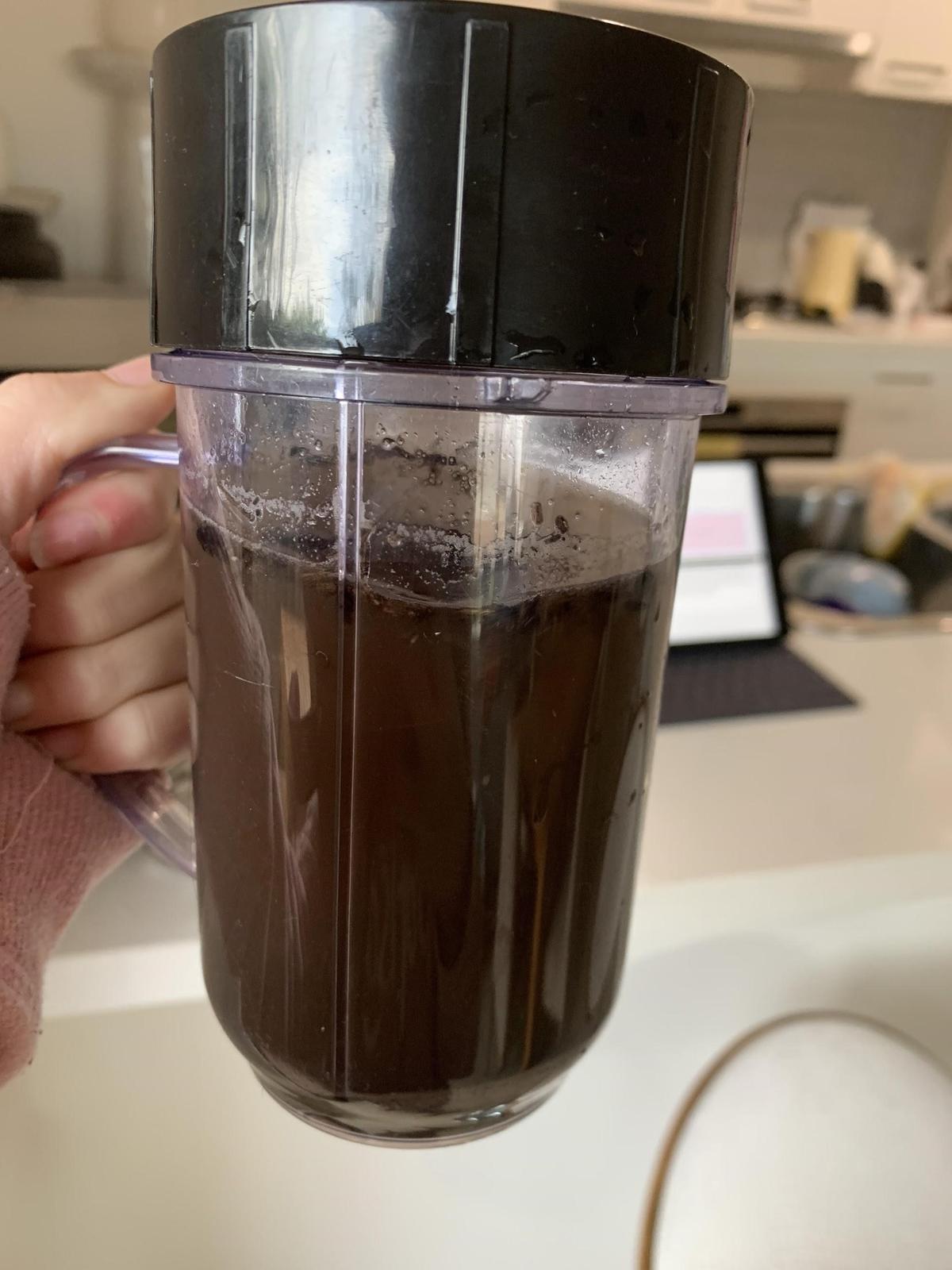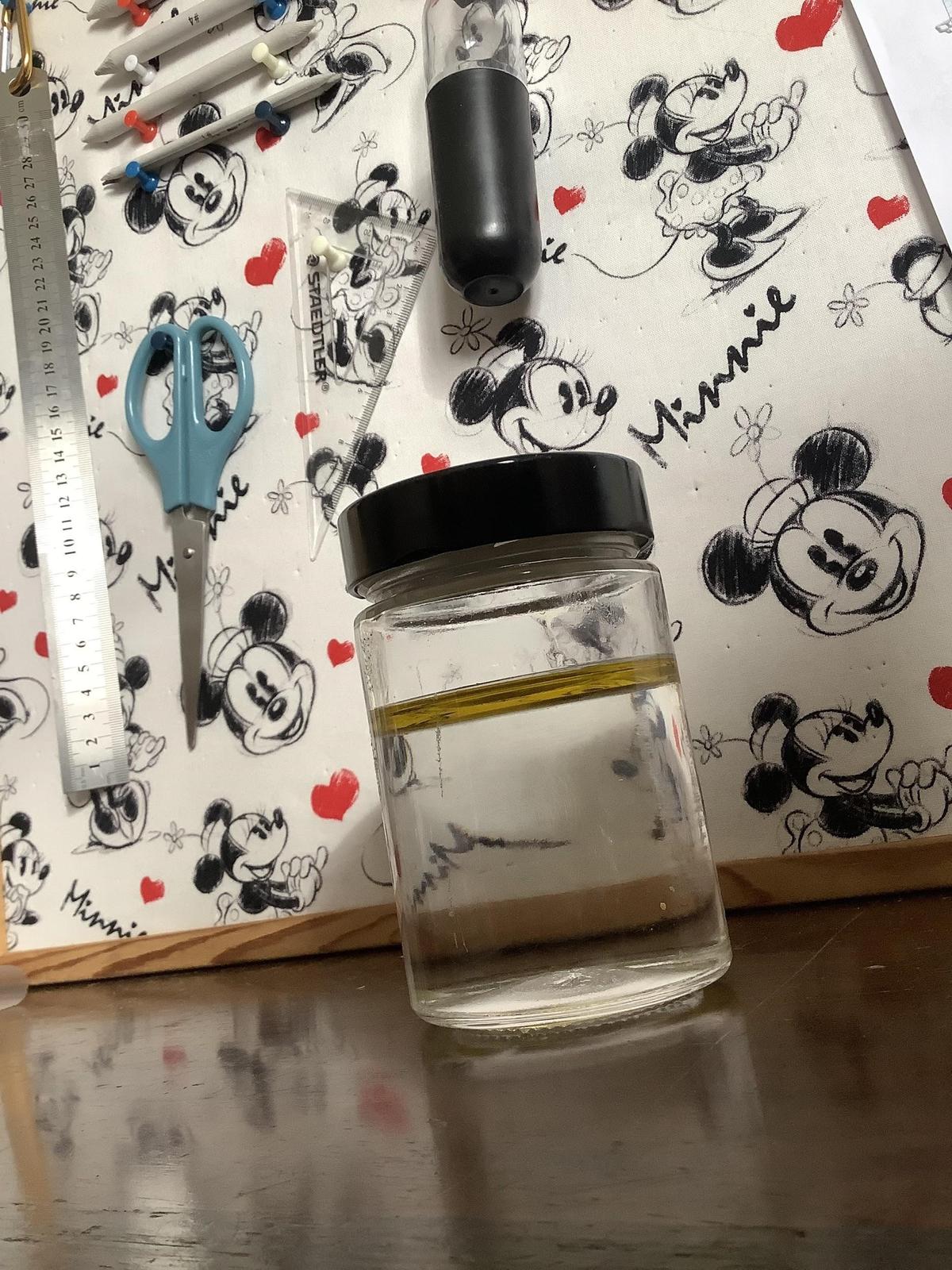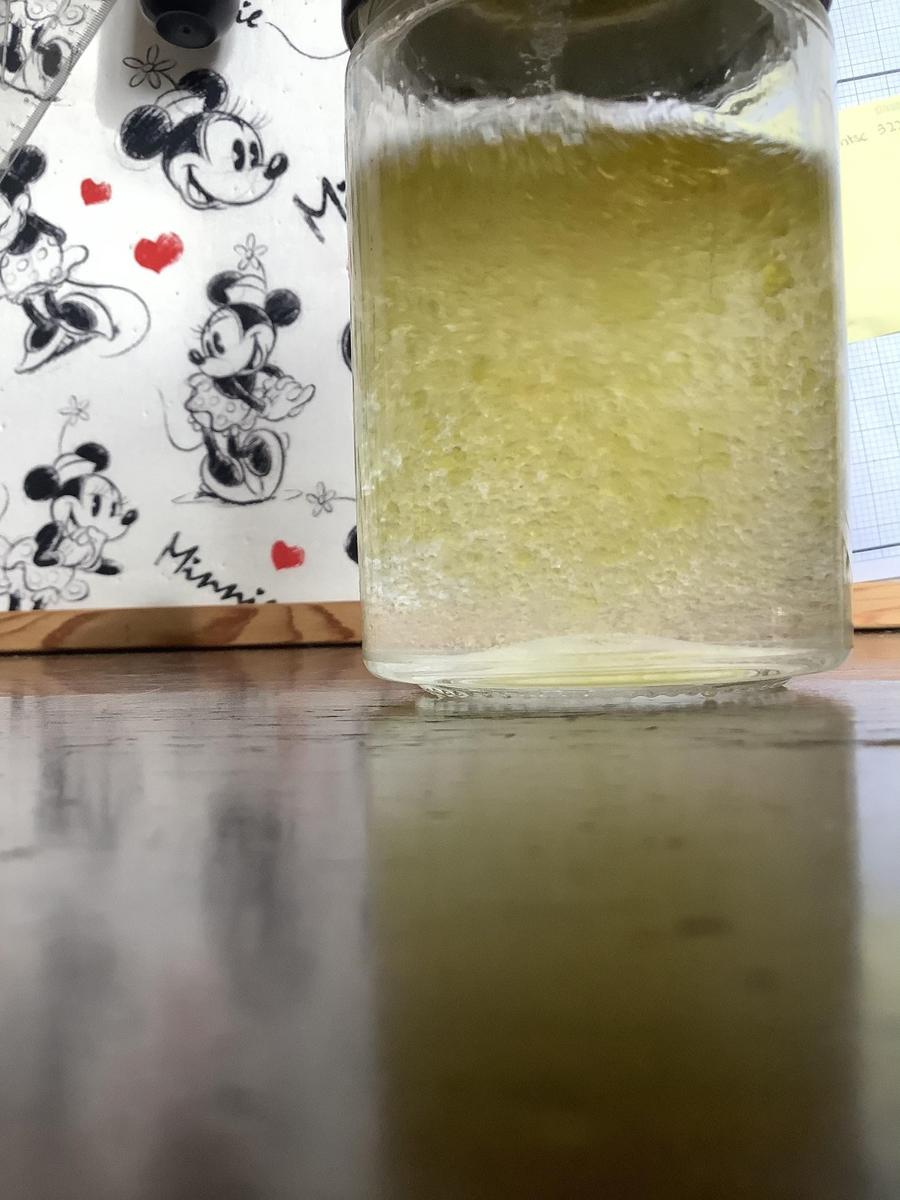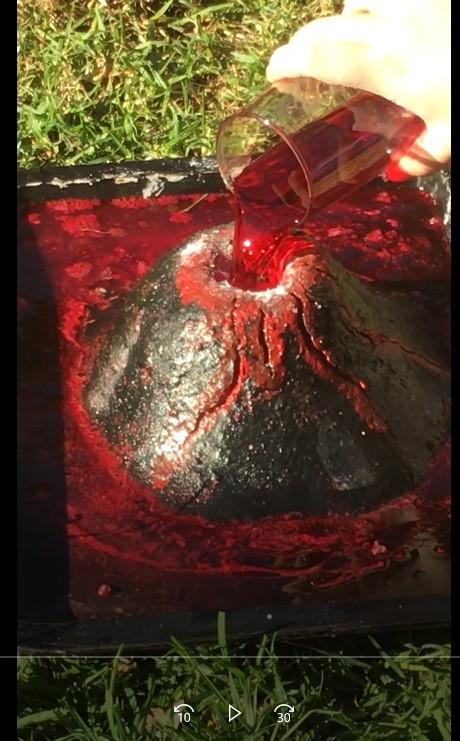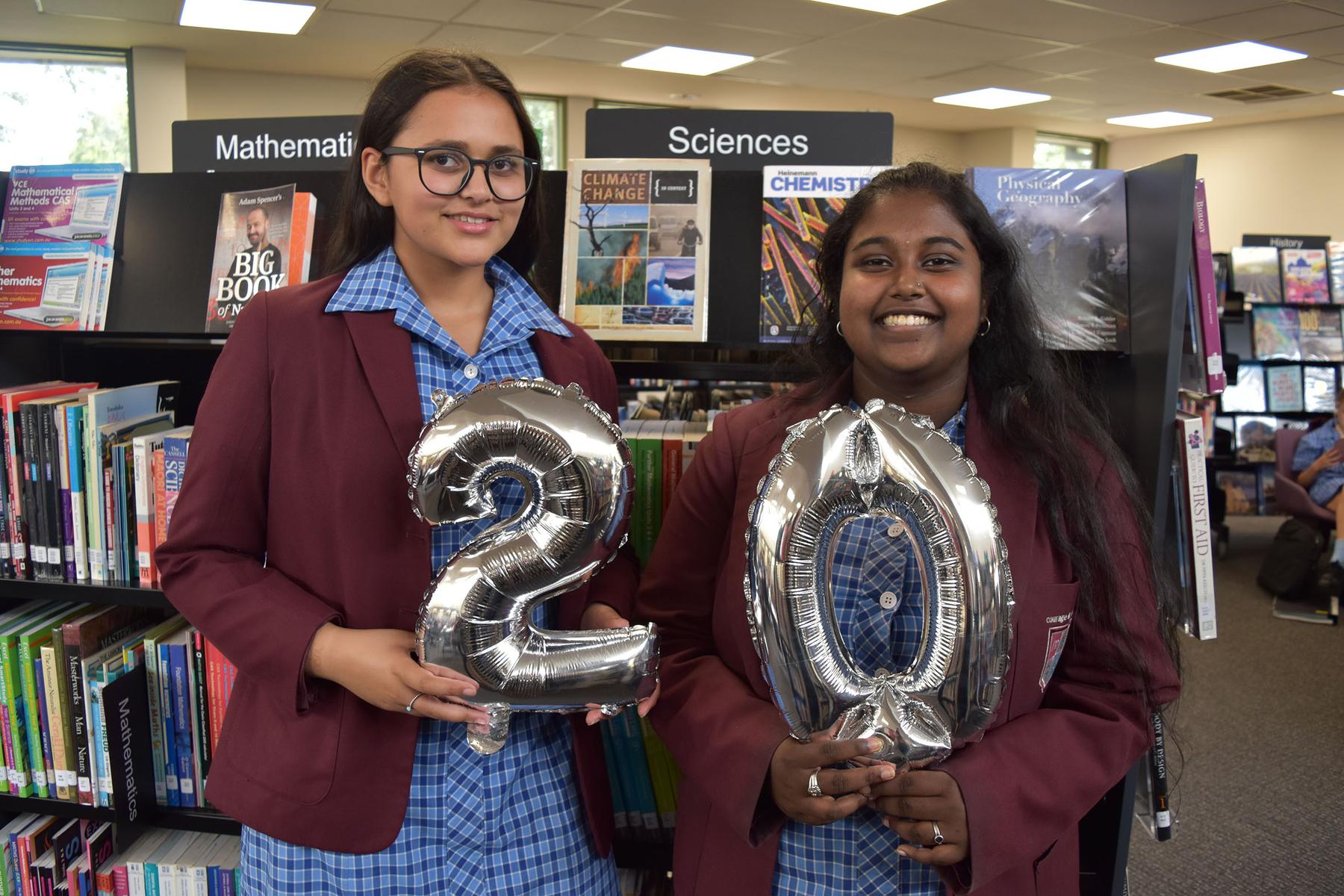STEAMnews
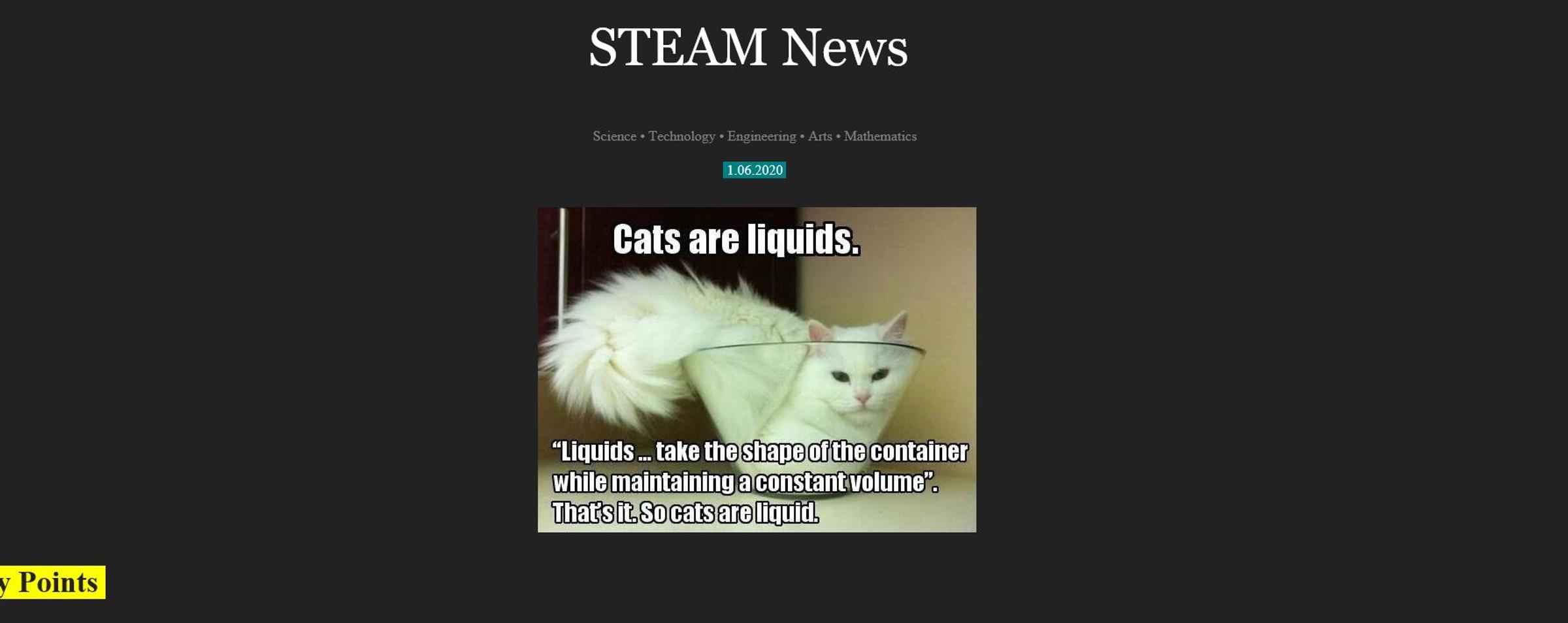
STEAM newsletter
The student created STEAM news is back. See the full newsletter at STEAM News
The MGSC STEAM newsletter is sent out to all staff and students every fortnight. It discusses student activity, future STEAM events and science news as well as some fun activities for all year levels!
Want to be part of the team that puts together this newsletter?
Contact Ms Briedis at 08824701@mgsc.vic.edu.au
or Navneet at BAT0010@mgsc.vic.edu.au or Rhini at gee0054@mgsc.vic.edu.au.
Navneet and Rhini report on more STEAM events.
Year 7 Chemistry
The year 7 students have been creating experiments at home to observe the properties of certain substances and how they react with each other. Here are some pictures and descriptions of their work throughout remote learning.
This experiment shows how soil particles filter the water and colour it before dropping to the bottom of the container while the bigger pieces such as bark, float to the top. The behaviour of this mixture is predictable because it was predicted that the soil would fall to the bottom of the container and it did. Abigail Latimer 7B
For this experiment, Lucy Roberts (7B) decided to show that oil does not mix with water. In the first photo, the oil had just been poured into the water and it was not shaken or disturbed. The second picture was taken after the jar was shaken vigorously and the oil separated into smaller bubbles but did not mix with the water. The oil started to rise again to the top and form a layer when it was not shaken for a while.
Year 9 Science
Year 9 students have been learning about tectonic plates and were asked to recreate a volcano with sodium bicarbonate and vinegar. This reaction produced carbon dioxide in the form of bubbles. Ella Bennett even baked her own volcano structure with salt dough. The first image shows vinegar being poured into the volcano and the second image shows the reaction that was produced.
Year 10 Science
Year 10s have recently been learning about the global systems and the effect global warming has on our ecosystem in more depth and detail as well as the many different ways we can help reduce our negative effects on the environment, some of them are eating seasonal fruits and vegetables, buying produce locally, walking or catching public transport, not buying into fast fashion, using less synthetic fabrics, donating old clothes, recycling using renewable sources of energy etc.
Upcoming online STEAM events
Science Tuesday - The Tale of Two Rovers
Why do we send rovers to Mars? What do they do there? What are they looking for? This talk presents the rover Curiosity and what it has accomplished in nearly eight years on Mars and compares it to the European rover Rosalind Franklin, arriving in 2023.
Tuesday 9 June on Zoom
Free. For more information, follow the link!
The Global Science Show Be a presenter!
The extravaganza of science engagement, providing science communicators all across the world to share their work, try out new skills and keep smiling will be back on Friday 19 June 2020. We are encouraging presenters from a diverse range of age groups and backgrounds, and in particular we want to involve as many young people in this event as possible.
No boundaries: Pupils, teachers, parents/carers, families, businesses and educators internationally can take part. You don't need to be a grown up to be a scientist or science communicator! So why not sign up with your family to share your own little slice of science in June.
Friday 19 June on Zoom
Free. For more information, follow the link!
STEAM newsletter
The STEAM leaders
Hello MGSC! This is Navneet Bataan (Year 11) and Harini Geetha Ashok Balaji (Year 10) and we’re your science domain leaders for this year.
Please feel free to email us with any suggestions, ideas or concerns you may have about science, STEAM or leadership.

